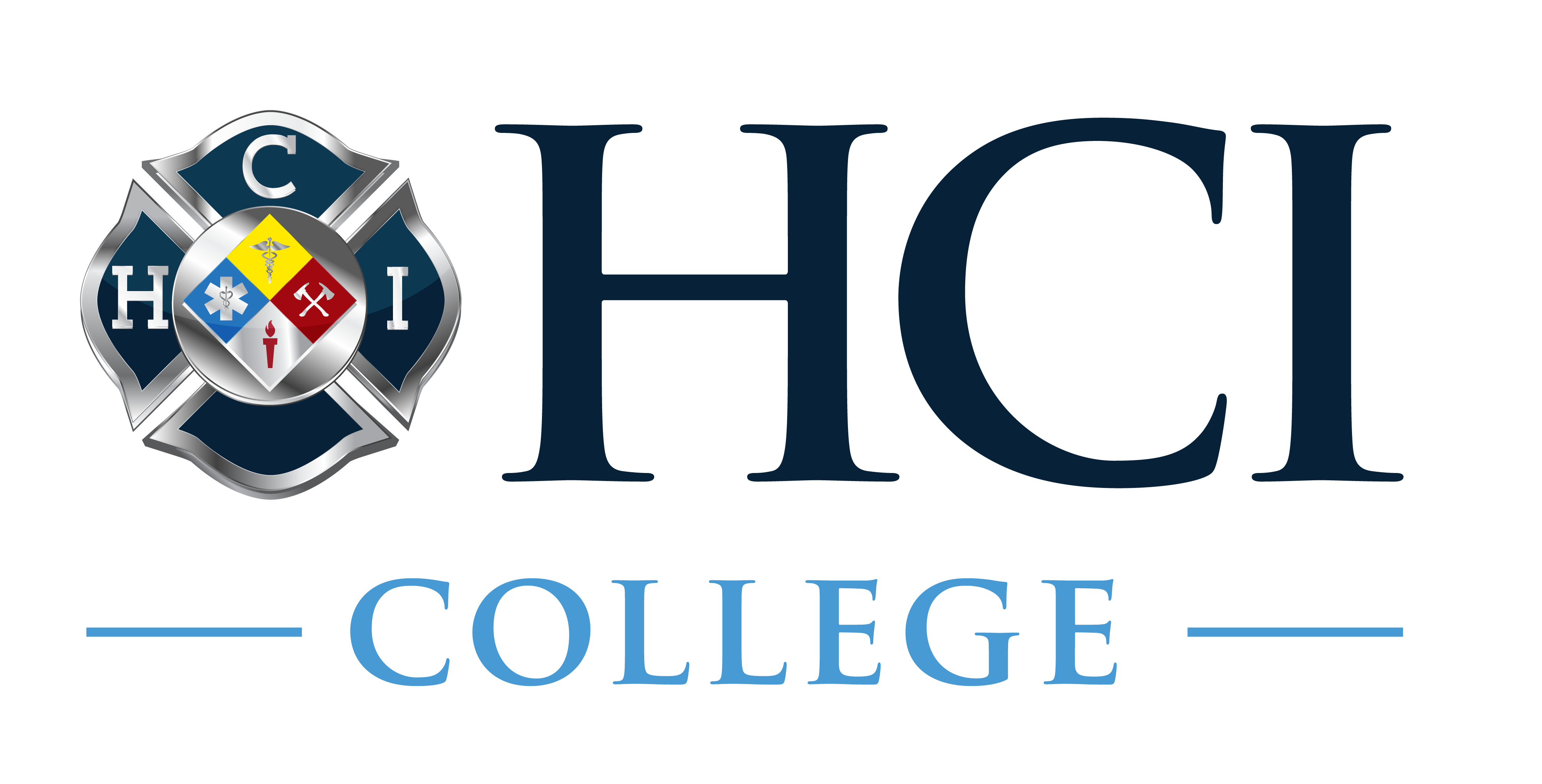How the Associate in Nursing Program Prepares You for the NCLEX Exam
The overall job market might be uncertain, but the demand for nurses is on the rise — between 2022 and 2023, the number of roles for registered nurses is expected to grow by 6%.
If you’re a nursing student or an aspiring nurse, you’ve likely come across the term “NCLEX” multiple times in your academic journey. The NCLEX, which stands for the National Council Licensure Examination, is a standardized exam that every aspiring nurse in the United States must pass in order to receive their nursing license.
Purpose of the NCLEX Exam
The primary purpose of the NCLEX exam is to ensure that nursing graduates have the knowledge and skills necessary to safely and effectively practice as entry-level nurses. It is administered by the National Council of State Boards of Nursing (NCSBN) and is used by all U.S. state and territorial nursing regulatory bodies to determine licensure eligibility.
Exam Format and Content
The NCLEX exam is a computerized adaptive test (CAT), meaning the difficulty level of the questions adapts to the individual test taker’s ability. The exam uses a combination of multiple-choice, multiple-response, and prioritizing questions to assess a nurse’s competency across the nursing spectrum.
The content of the NCLEX exam is based on the test plan developed by the NCSBN. This test plan outlines the four major categories of client needs:
- Safe and Effective Care Environment
- Health Promotion and Maintenance
- Psychosocial Integrity
- Physiological Integrity
Each category is further divided into subcategories that cover a wide range of nursing concepts and skills.
NCLEX Eligibility Requirements
To be eligible to take the NCLEX exam, you must first graduate from an accredited nursing program, with either an associate degree in nursing (ADN) or a bachelor’s degree in nursing (BSN). Once you’ve successfully completed your nursing program, you will need to apply for licensure with your state or territory’s nursing regulatory body, and upon approval, you will receive an authorization to test (ATT).
You can then register for the NCLEX exam through the NCSBN website and select a testing center convenient for you. There is a registration fee, which varies from state to state. It’s essential to check your state’s requirements for specific details on eligibility and registration.
From Theory to Practice: How the Associate in Nursing Program Prepares Students for the NCLEX Exam
At HCI College, we take great pride in our Associate in Nursing program. Here’s how the program can help you prepare for the NCLEX exam.
Curriculum
Our Associate in Nursing program is designed to cover all the major content areas and competencies specified in the NCLEX test plan. Students receive thorough instruction in areas such as anatomy and physiology, pharmacology, medical-surgical nursing, pediatrics, maternity, psychiatric nursing, and community health. This comprehensive approach ensures that students have a solid foundation of nursing knowledge to draw upon when they face the challenges of the NCLEX exam.
Experienced Faculty
We believe that having experienced faculty members is crucial in preparing students for the NCLEX exam. At HCI College, our nursing faculty have extensive real-world experience in the nursing field and are committed to student success. They not only possess the knowledge and expertise required to teach the nursing curriculum effectively but also provide valuable insights and guidance on how to approach the NCLEX exam. Their mentorship and support play a vital role in helping students succeed.
NCLEX Preparation Resources
HCI College believes in providing students with ample resources to help them prepare for the NCLEX exam. We offer various NCLEX review courses and study materials that are specifically address the challenges of this exam. These resources include practice questions, mock exams, and interactive study guides. In addition to these resources, our faculty are always available to provide guidance and answer questions to ensure students are on the right track with their exam preparation.
Hands-on Clinical Experience
The clinical component of nursing education is invaluable in preparing students for real-world nursing practice and the challenges they’ll face on the NCLEX exam. HCI College places a strong emphasis on hands-on clinical experience, ensuring that students have ample opportunities to apply their theoretical knowledge in a real healthcare setting. Through clinical rotations at various healthcare facilities, students gain practical skills, critical thinking abilities, and confidence, which are essential for success in the NCLEX exam.
Test Day and Beyond
On the day of your exam, make sure to arrive well rested and prepared. Follow all the instructions provided by the testing center staff, and remain calm and focused throughout the duration of the exam.
After completing the NCLEX, you will receive a preliminary pass or fail result. Final official results will be sent to you by your state or territory’s nursing regulatory body. If you pass, congratulations! You can now apply for your nursing license. If you don’t pass, don’t be discouraged. You’ll have the opportunity to retake the exam after a waiting period, which varies by state and is usually within 45 to 90 days.
Remember, the NCLEX is not just an exam — it’s a gateway to becoming a licensed nurse. Embrace your preparation journey, stay dedicated, and have confidence in your abilities. Good luck on your NCLEX exam!
If you found this article helpful, please share it on your social media channels.















